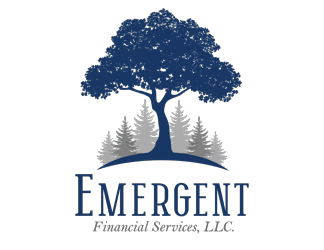ESG Investing: Moving Beyond the “ESG”
ESG. Sounds familiar? Don’t quite confuse it with MSG. ESG has been taking the investing world by storm the past few years, partly due to its performance the past few years and because it has created an alternative for conscious investors. ESG is a rating given by the MSCI to certain ETFs using public data among other sources to determine whether that ETF is environmentally, socially, and governmentally sound compared relatively to its peers. The rating can range from AAA to CCC, with the former being an excellent ESG rating. This rating gives investors the opportunity to invest not only to make money, but to be responsible while doing so.
ESG investing has created a strong niche for anyone who wants to invest money without investing in areas or companies that diverge from one’s moral compass. It has provided that opportunity for many people who wish to become more environmentally or socially conscious. It is now even providing opportunities for those whose religious morals have given them pause before investing in every company in certain indices.
Robert Netzly is the founder of “Inspire Investing”, and he has introduced religiously conscious funds in the ESG world of investing. These funds invest contain a more religiously responsible investing option for individuals (in this case, a more Christian-based religious option). Inspire Investing gives investors a wide array of funds that apply Christian morals to their stock selection in order to prioritize companies that, at the very least, are not advocating or making money from products or services opposed to the Christian worldview, as best as Netzly can manage. These funds range from Large-Cap options to Mid-Cap options, to even Emerging Market options, and have also seen a great amount of success.
BIBL, the Inspire Large-Cap ETF, has gone up over 42% since its inception in late 2017. So these ETFs not only are providing outlets for religiously-conscious investors, but also providing value as well.
ESG investing is a growing market. It attracts investors for a multitude of reasons, and as it continues to expand to more niche markets, such as a religion-based market, its value in portfolios could grow even more impactful. The world of ESG investing appears to growing fast, and far beyond the “ESG” it stands for.
